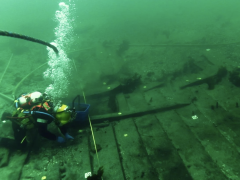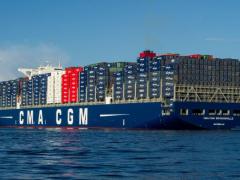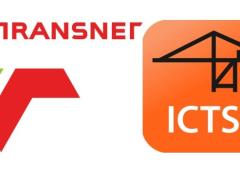African governments are turning to the private sector to provide financing for the development and upgrading of port infrastructure, as well as the skills and systems required to run the harbours more efficiently. Ports which are being operated through public- private partnerships (PPPs) include Tema in Ghana; Abidjan in Côte d’Ivoire; Tanger Med in Morocco; Lomé in Togo; Maputo and Beira in Mozambique; Dar es Salaam, Tanzania; Doraleh Container Terminal in Djibouti; Lobito and Luanda in Angola; Walvis Bay Container Terminal, Namibia; Moroni in Comoros; and Toamasina, Madagascar. All have reported improvements in productivity and reliability since the involvement of private sector operators. The newest on the list is Durban Container Terminal Pier 2 (DCT2), which will be operated by International Container Terminal Services Incorporated (ICTSI), a Philippines-based company. SA has the largest number of port developments under way. Other operators include DP World, APM Terminals, Hutchison Ports, Africa Global Logistics, and Arise Ports & Logistics. Governments are also turning to the private sector to fund the upgrading and development of ports and landside infrastructure. While African commercial ports have traditionally been primarily publicly funded, governments have had to turn to the private sector in recent years. It is being done through a mixture of private-public partnerships, blended finance and infrastructure funds. Public funding is the main source for the core infrastructure, which has little commercial return. Investors are interested in expansion, modernisation, and developing specialised terminals, for which there is a clear business case. ER
Private sector raises port productivity
Comments | 0












